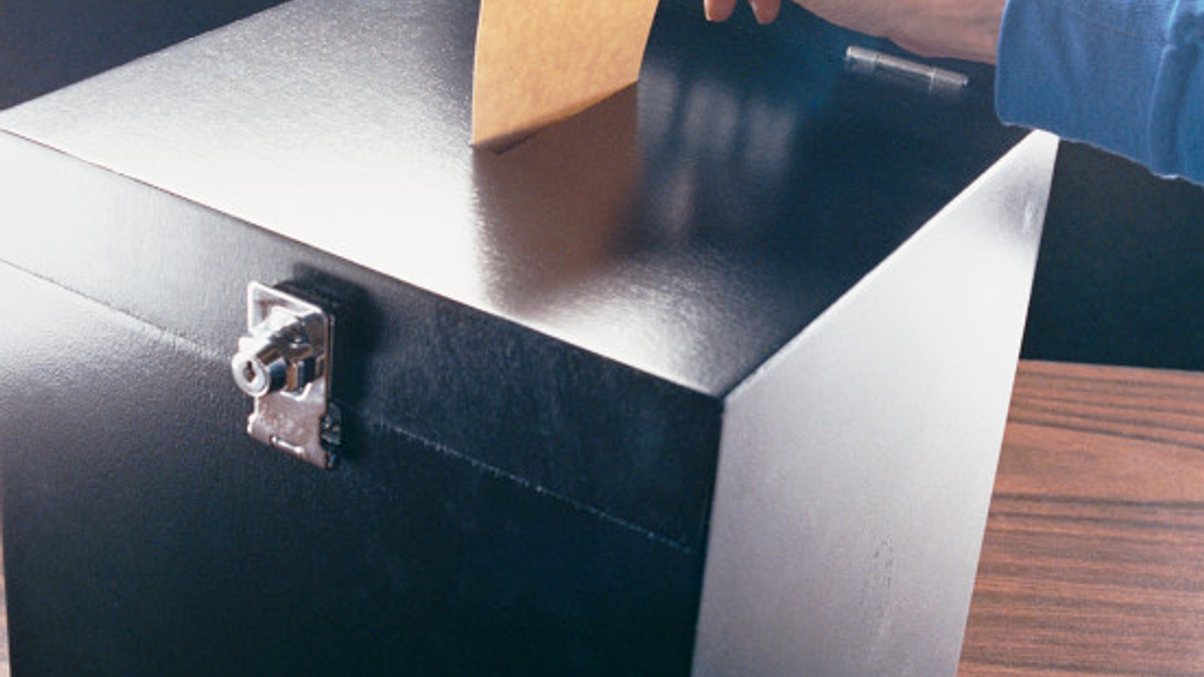Hedge funds lose board bid at Macquarie infra fund
Lim Advisors and Metage fail to gain board representation after Macquarie International Infrastructure Fund shareholders vote against a trio of nominees.

Macquarie International Infrastructure Fund (MIIF) shareholders have voted against a proposal by hedge funds Lim Advisors and Metage Capital to add three nominees to the Singapore-listed fund's board.
Sign in to read on!
Registered users get 2 free articles in 30 days.
Subscribers have full unlimited access to AsianInvestor
Not signed up? New users get 2 free articles per month, plus a 7-day unlimited free trial.
¬ Haymarket Media Limited. All rights reserved.


